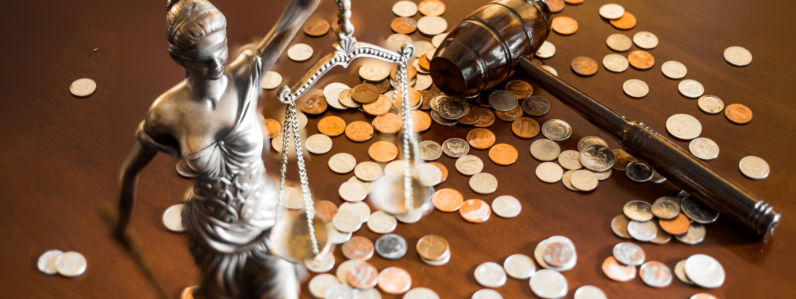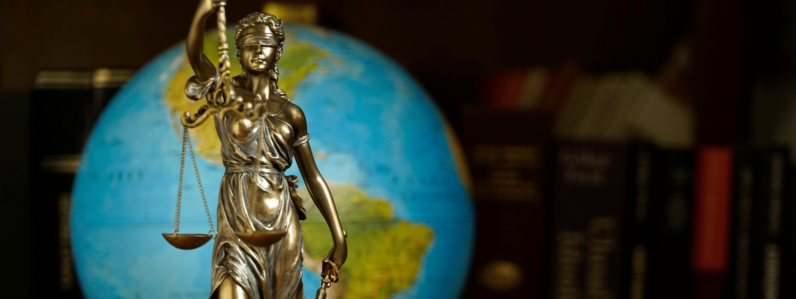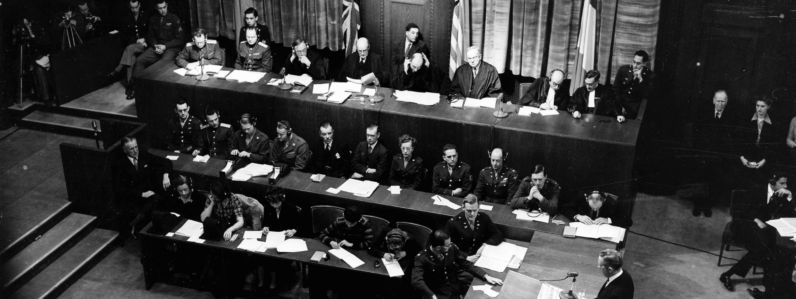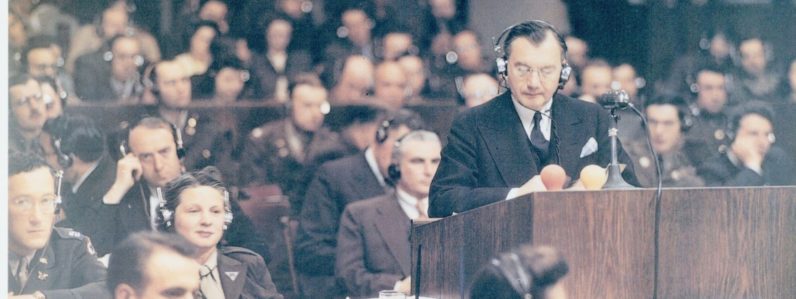For nearly two years now many of us have been bewildered by the headlong course of events in Europe and not a few of us have been confused as to the course of wisdom at home. We have seen a nation which twenty years ago had been vanquished, rise up with a ferocity seldom seen in the history of mankind. We have seen vaunted armies smashed as if they were so much paper. We have seen Europe overrun and England placed in grave danger. We have seen the dictator idea spread in the world. At first its two principal proponents, communism and fascism, appeared to be mortal enemies.
Then, one day, they turned up as partners. Now they battle each other.
For nearly two years Americans have been asking each other which way safety and security lie. We have pondered the problem weighing risk against risk and danger against danger. Now at last, on this Fourth of July in 1941, the truth of our situation is coming home with increasing clarity to all Americans. We are learning the overwhelming fact that now, as in 1776, our nation together with our sister Republics on this hemisphere, faces a preponderantly hostile and undemocratic world. Now, as in 1776, we can turn to the Declaration of Independence for the principles which should guide our action.
You are lifted and inspired, like generations before you, by the majestic cadence of the boldest, the noblest, and best known of all American writings. The Declaration of Independence speaks strong doctrine in plain words. It is the world’s master indictment of oppression. The fervor of its denunciation haunts and challenges dictators everywhere and in every field of life.
But the Declaration of Independence does not stop with mere denials and negations. It sets forth great affirmations as to the permissible foundations of power and political leadership among free men. It lays down a fighting faith in the rights of man — merely as man — a faith to die by if need be, or even more bravely to live by. It impresses upon all political power the high obligation of trusteeship. It established an accountability by the governing few to the governed many. That is why men abroad who wield dictatorial powers over subject peoples would silence the reading of the Declaration of Independence, would tear all mention of it from the record, and torture all recollection of it out of the minds of men. Even at home there are some who hope it will not be read too loudly.
But the masses of warm-hearted people are reared on its strong doctrines of equality and human rights. It has exceeded every other modern pronouncement in its profound influence upon our lives, our culture, and our relations to the world. When the Constitution of the United States was adopted, its foundations were laid in the democratic idealism of the Declaration. It has been the inspiration for every later recognition of broadened human rights and for the extension of justice and security to all men. We do not claim to have reached a perfect fulfillment of its high principles. But we have achieved the nearest approach among all the nations to a classless society, to equality of rights, and to a fair distribution of opportunity and prosperity. Whenever we reproach our own imperfections, as we ought often to do, we must not forget that our shortcomings are visible only when measured against our ideals, never when put beside the practical living conditions of the rest of the world. We have by Constitution, by legislation, and by judicial decision translated the Declaration out of the language of abstract philosophy into the idiom of everyday living. We have validated democratic principles by our success.







